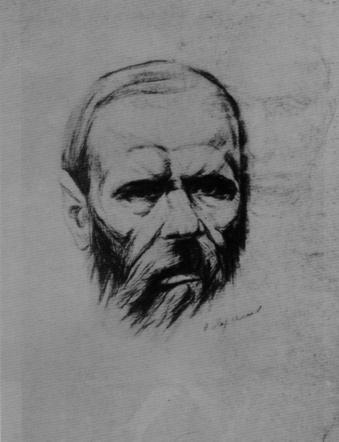Research
|
(...) I have always been ridiculous, and
I have known it, perhaps, from the hour I was born.
Perhaps
from the time I was seven years old I knew I was
ridiculous.
Afterwards I went to school, studied at the
university, and, do
you know, the more I learned, the more thoroughly I
understood that I was ridiculous. So that it seemed in
the end
as though all the sciences I studied at the university
existed
only to prove and make evident to me as I went more
deeply
into them that I was ridiculous. (...)
Fyodor Dostoevsky (1821-1881) in The
Dream
of a Ridiculous Man.
|
 |

My current research activity is focused on Financial
Mathematics - the use of modern mathematical tools from
stochastic analysis, probability theory and statistics to
understand, model and make decisions in financial markets. As a
member of PhiMac
I worked in a number of research projects in this area, such as pricing
and hedging in incomplete markets (applications of
utility--based pricing to, among others, real options, stochastic
volatility and employee stock options), positive interest
rates (using the chaotic framework introduced by Hughston
and Rafailidis), systemic risk
and stability (using
network analysis and the tools from agent-based computational
economics) and more recently asset
price
bubbles (trying to use the techniques from dynamical
systems to formalize the ideas of Hyman Minsky, among others) and
climate-economic models (replacing the mainstream economic
part of Integrated Assessment Models with a more suitable
nonlinear, disequilibrium, economic model).
The subject of my PhD was Information
Geometry, and I still have an active interest in the
area. It is concerned with the furnishing of geometrical
structures to families of probability distributions, both
classical and quantum, either finite or infinite dimensional. A
look at the recent conference held in Leipzig
should
give
a
good
perspective
of the kind of problems and applications of the subject. I
personally arrived at information geometry because it can provide
a general way to develop dynamical models in nonequilibrium
statistical mechanics, but now I'm naturally more interested in
possible applications in mathematical finance.
Finally, back in my undergraduate times at the
University of Sao Paulo, I developed a strong interest for History
of Science, having written a couple of essays on
History of Mathematics and presented several talks in conferences
and meetings, both in Brazil and abroad. Although not working
professional on such matters any more, I am still a member of the
Sociedade Brasileira de Historia da Ciencia and try to
keep updated with the work of my historian friends, nurturing the
desire to do research in the field some day in the future.

